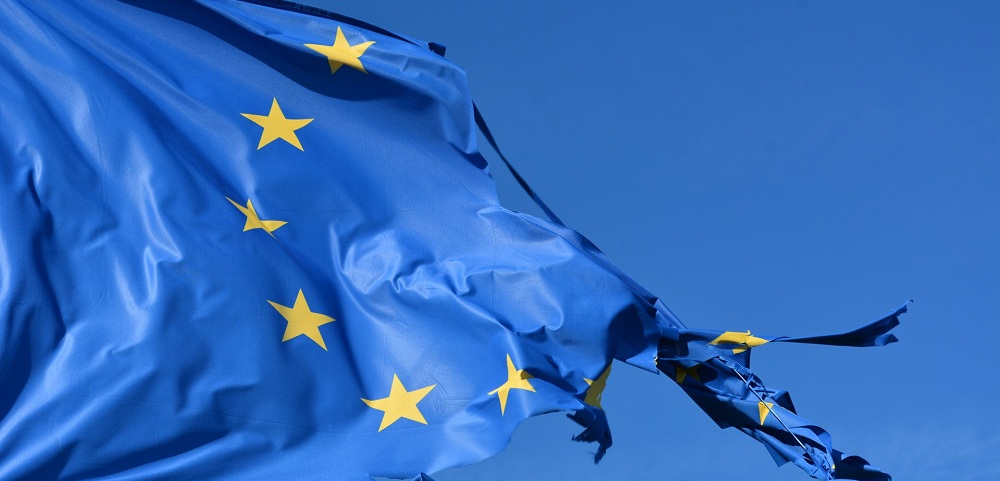Alwaght- Amid an increasing wave of the concerns about the future of the European Union after exit of Britain, results of a recent poll show that the right-wing slogans and agenda in this political and security bloc are fast garnering popularity with the public.
A recent poll conducted by the German tabloid Bild has found that the far-right parties are set to double their seats in the next European Parliament vote. According to the results, Europe of Nations and Freedom, a political group launched in mid-June 2015 in the European Parliament and comprised of Freedom Party of Austria and Socialist Party of France will lead with reaping 67 percent of the total European Parliament’s seats in the election set for May this year.
This comes while the far-right parties in the Parliament hold only 37 seats at the present time. The poll’s results further suggest that European People’s Party, a conservative and Christian democratic transnational European political party, is expected to win 80 seats in the upcoming elections.
Why do the Bild poll’s results matter?
The results of the German tabloid’s poll are significant because they translate the predictions of many of the political experts and social observers who warned about the rise of hardline and Eurosceptic right-wing politics in the EU body.
Before this became a reality, many experts predicted that the EU policies over the past few decades will pave the way for hardline parties to build across the European countries. Should they keep growing this fast, they warned, the European bloc’s current form may be exposed to serious jeopardizes.
The poll’s results have already shown themselves on the political ground. An array of European states, including Hungary, Italy, and Poland, have become scene to the rule of the rightist politicians. The British pullout of the bloc, dubbed Brexit, is the most marked signal that the far-right politics are thriving towards power in Europe.
In the other European states, like Germany and France that are deemed the powerhouse of the Union, rightist and strongly nationalist parties have gained remarkable ground over the past few years. In Germany, for example, Alternative for Germany, founded in 2013, shortly after the start managed to secure 12 percent of the votes to enter the parliament with an agenda odd to the customary one. This was the first time in the history of the Federal Republic of Germany that an extremist party won representation in the parliament, a remarkable win that made it the third largest party in the Bundestag.
In France, on the other hand, Marine Le Pen, leader of the highly anti-EU National Rally party, in a tight presidential race with Immanuel Macron moved to the run-off. It took Macron a hard struggle to win the election.
With all these in mind, the Bild poll’s outcome that predicts strengthening the position of the far-right is setting off the alarm bells to the European leaders.
Why worry about EU future?
Ascendance of the hardline politics and politicians in the European countries means that the EU will have to embrace a hugely challenging struggle for survival. The right-wing factions adopt a strict approach against the present EU policies. They firmly question the European drift towards blurred national lines and unification as a factor destroying the nationalist sentiments and local identities.
Such rightist parties as National Rally and Alternative for Germany disparage the open-doors migration policy currently in effect. They also call the Schengen system, a visa-free policy granting the European citizens freedom of movement in the member states, a threat to the principle of nationality and come against it.
Therefore, the entry to the European Parliament of these parties, seemingly possible according to the polls, will simply mean the emergence of a big challenge ahead of those who seek a united Europe to pursue further political and security integration.
When last year France raised the idea of the foundation of a European army amid a dispute with the US over NATO funding, in Germany the idea met full support by Chancellor Angela Merkel. However, in other European states with the right-wing rule, such as Italy, Poland, Denmark, and Hungary, the proposal failed to be entertained. Despite their economic power and masterhood, France and Germany failed to materialize their idea of a collective army.
All in all, the gain of weight by the European nationalists and rightists in the European Parliament heralds a hard future journey of the EU towards further unity and coordination of policies and stances of the member states.



























